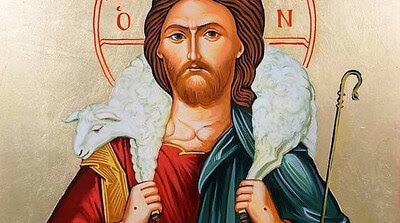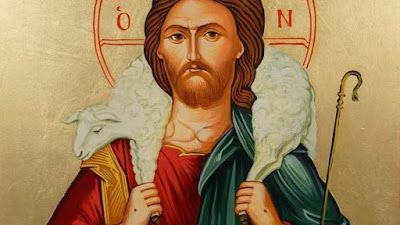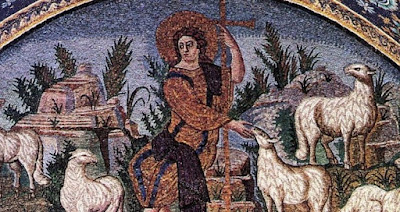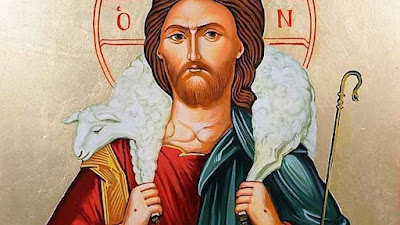Homily for the 16th Sunday in Ordinary Time, July 18, 2021, Year B
Fr. René J. Butler, M.S. La Salette Missionaries of North America Hartford, Connecticut ( Click here for Sunday’s readings ) The heart of Jesus, we are told, was moved with pity for the crowd, “for they were like sheep without a shepherd.” There are various ways for such a situation to occur. Nowadays, the obvious and literal case described in the Gospel is found when there are simply no shepherds to tend to the sheep. One thinks immediately of mission lands where one or two missionaries travel almost constantly in hopes of visiting each community two or three times a year. We can forget that in many parts of our own country, less than 150 years ago, that was the reality as well, with many rural areas served by “circuit priests.” Many dioceses seem to be reverting to that condition. In the Archdiocese of Boston, for example, there were so many priests 50 years ago that none of them could reasonably expect to be named a pastor before his 25th anniversary of ordination, if ever. To




